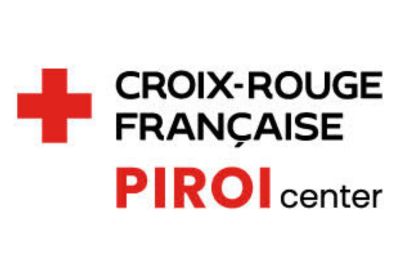Fundamental principles of the International Red Cross and Red Crescent Movement
The International Red Cross and Red Crescent Movement is a global humanitarian network of 80 million people helping those affected by disasters, conflicts, health and social problems. It consists of the International Committee of the Red Cross, the International Federation of Red Cross and Red Crescent Societies, and 191 National Red Cross and Red Crescent Societies.
The seven revised fundamental principles, proclaimed at the 20th International Conference of the Red Cross and Red Crescent (Vienna, 1965), are contained in the Statutes of the International Red Cross and Red Crescent Movement, adopted at the 25th International Conference of the Red Cross (Geneva, 1986).
At the core of the Movement’s approach, the 7 principles define its direction, ethics, reason for being, and its specific nature. They ensure the team cohesion of the International Red Cross and Red Crescent Movement, which has a universal reach, and constitute the Movement’s charter and its specificity, indeed its truly unique character.
MISSION
Humanity
The International Red Cross and Red Crescent Movement, born of a desire to bring assistance without discrimination to the wounded on the battlefield, endeavours – in its international capacity – to prevent and alleviate human suffering wherever it may be found. Its purpose is to protect life and health and to ensure respect for every human being. It promotes mutual understanding, friendship, cooperation and lasting peace amongst all peoples.
3 PRINCIPLES OF BEHAVIOUR
Impartiality
The Movement makes no discrimination as to nationality, race, religious beliefs, class or political opinions. It endeavours to relieve the suffering of individuals, being guided solely by their needs, and to give priority to the most urgent cases of distress.
Neutrality
In order to continue to enjoy the confidence of all, the Movement may not take sides in hostilities or engage at any time in controversies of a political, racial, religious or ideological nature.
Independence
The Movement is independent. The National Societies, while auxiliaries in the humanitarian services of their governments and subject to the laws of their respective countries, must always maintain their autonomy so that they may be able at all times to act in accordance with the principles of the Movement.
3 PRINCIPLES OF ORGANISATION
Voluntary service
It is a voluntary relief movement not prompted in any manner by desire for gain.
Unity
There can be only one Red Cross or one Red Crescent Society in any one country. It must be open to all. It must carry on its humanitarian work throughout its territory.
Universality
The Movement, in which all National Societies have equal status and share equal responsibilities and duties in helping each other, is worldwide.
